Every year employers across the UK submit an end-of-year report to HM Revenue & Customs (HMRC) outlining the benefits provided to each employee and director, which were not accounted for in their wages.
This report is sent using the P11D form, which must be submitted by 6 July following the end of the tax year. At the same time, you must also provide employees with a copy of the P11D and tell HMRC the total amount of Class 1A National Insurance you owe using form P11D(b).
This can be quite an onerous task and lead to penalties if completed late or incorrectly. Additional penalties and interest will also be incurred if you are late paying HMRC.
Payrolling benefits vs. P11D
Unbeknownst to many employers, you can now payroll benefits you provide to your employees, which eliminates the requirement to produce a P11D each year. All benefits except employer living accommodation and interest free and low interest loans can be run through payroll.
You can do this as long as you register with HMRC before the start of the tax year to let them know that you intend to payroll staff benefits. You can do this online here.
By choosing to payroll your benefits, the cash equivalent of the employees’ benefits is added to their taxable pay each month, which is charged to them through the real-time payroll process.
This way of accounting for employee benefits can, in the long-run, be easier for employers as an annual P11D is no longer needed.
However, what this process does not do is remove the need for a P11D(b) form; employers must continue to calculate the Class 1A National Insurance contributions and report this by 6 July following the end of the tax year.
If you miss the registration deadline, you can ask HMRC to informally payroll benefits by writing to the Complex Caseworker Team at HMRC’s National Insurance Contributions and Employer Office.
When choosing to do this, you must still complete form P11D at the end of the tax year and mark each report as ‘payrolled’.
HMRC should then stop collecting tax that has already been deducted from your employees. The benefit of this system, beyond the need to produce detailed reports, is that the employee tax will be collected in real-time, rather than being collected using an adjusted tax code in the following tax year.
This approach may be unsuitable for some businesses, so professional advice should be sought from a trusted accountant.
How can George Hay help?
If you offer taxable benefits to your employees and directors and you are unsure about whether you are declaring these appropriately, or are wondering which method of declaration is the most suitable for your business, we can offer you support and advice.
To discuss your requirements with us, contact our team of friendly professionals in Bedfordshire, Hertfordshire or Cambridgeshire today.








